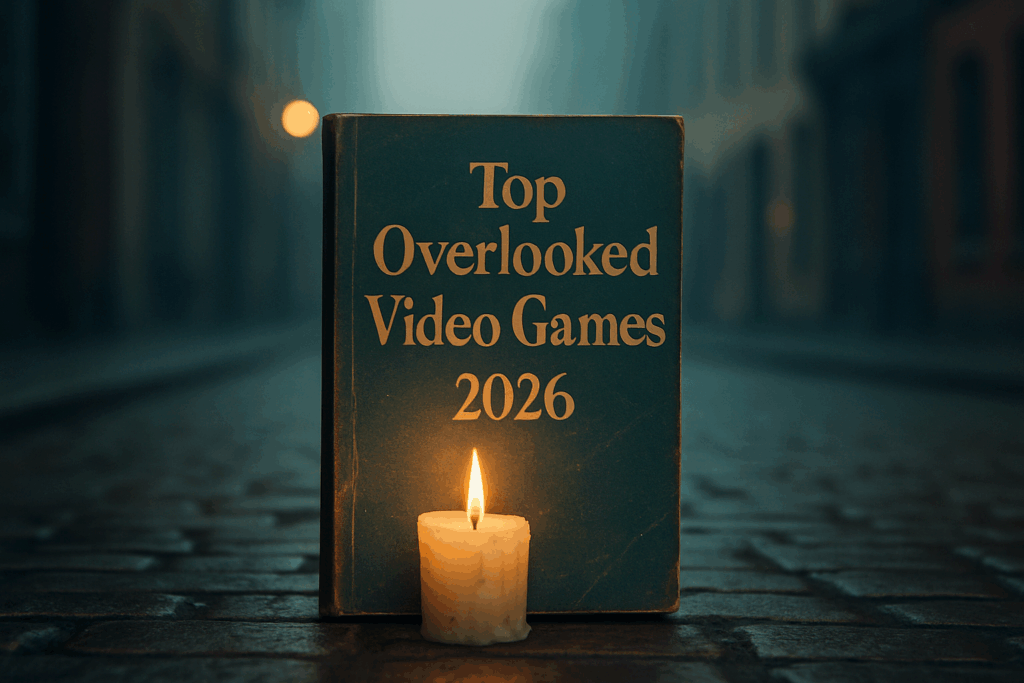Why Gaming Is Good For You Gamrawresports: The Evidence
1. Cognitive and ProblemSolving Skills
Fastpaced games demand realtime decisionmaking—adapting to new rules, puzzles, and enemy strategies builds focus and flexibility. Strategy games (turnbased or realtime) drill pattern recognition, memory, and resource management. Many genres (platformers, RPGs, survival) force players to make and implement plans that pivot on a dime.
Players who “grind” at games are training mental agility whether they realize it or not.
2. HandEye Coordination and Reflex
Precision aiming, quick reaction tapping, and complex controller/keyboard combos demand sharp handeye control. Research finds that gamers outperform nongamers in visual attention and rapid physical response tasks.
Routine play multiplies fine motor skill—practice is measurable improvement.
3. Emotional Regulation and Stress Management
“Flow”—a deep focus state—kills rumination and teaches calm under pressure. Losses and failure are frequent, but safe—players learn persistence, recovery, and tactical emotional reset. Many players use scheduled gaming to decompress after work or tough days—short, highfocus play blocks work as meditation.
Why gaming is good for you gamrawresports: structured play fights anxiety and resets mood for the next demand.
4. Social and Communication Skills
Coop, MMO, and PvP/Team games foster leadership, feedback, and teamwork. Players routinely coordinate, negotiate, and resolve conflicts with strangers and friends alike. Clan, guild, or team leadership in gaming is realworld practice for consensus building, recruitment, and discipline.
Digital community can run deeper than “offline” with the right routine.
5. Creative and Strategic Thinking
Sandbox and builder games (Minecraft, SimCity) encourage experimentation and outofthebox thinking. Modding, content creation, and streaming turn play into handson tech, design, and business learning. Game design and level creation communities teach logic, visual layout, and user empathy.
Routine problemsolving in games is practice for realworld troubleshooting.
6. Health and Physical Gains
Motion/fitness games (Just Dance, Beat Saber, Ring Fit Adventure) make exercise routine and enjoyable. VR titles combine cardio, balance, and flexibility into scheduled fun. Scheduled breaks, microexercise in game, and posture care foster healthy habits.
Gamrawresports knows: why gaming is good for you starts with structured movement as much as mental play.
7. Cultural, Linguistic, and Global Awareness
Gaming cuts borders: players chat, coordinate, and strategize worldwide, often switching between languages or cultures. Games rooted in history, mythology, and science spark curiosity—players often research ingame topics out of habit. Ingame reading, puzzle, and problem tracks can even improve language and literacy for all ages.
Learning is frictionless when tied to entertainment and routine.
How to Maximize the Benefits
Schedule—block play in focus sessions. Don’t binge; use routine. Mix genres: FPS/RTS for skills, puzzle/indies for lateral thinking, multiplayer for communication. Play with friends and strangers; use voice or chat for feedback, leadership, and negotiation practice. Log your improvements (reaction time, ranking, win/loss, skill unlocks).
Routine review unlocks value beyond “just fun.”
Pitfalls to Avoid
Unschedule play becomes procrastination and screen fatigue. Ignore sleep, movement, or nutrition at your peril—set time/budget caps. Social toxicity—avoid flame wars and unhealthy communities. Choose teams or servers that match your values.
Gamrawresports: Seek health and community, not escapism or spite.
Special Edge: Gaming for All Ages
Kids: builds reading, memory, and reasoning—faster than most schoolwork if curated and guided. Seniors: slows mental and motor decline, gives daily connection. Neurodiverse/disabled: routines, feedback, and community are often easier to access than elsewhere.
Discipline and observation enhance gains, regardless of age.
Security and WellBeing
Set up account privacy, mute/report toxic players, use twofactor authentication. If earning or spending money (esports, skins, ingame items), document every transaction, and use only official channels. Schedule and enforce play breaks; physical and mental wellbeing always win.
Gamrawresports Routine: Weekly Play Structure
Mix solo and team modes for skill and communication growth. Schedule breaks and review sessions as you would in any training. Rotate games to avoid fatigue and plateau. Celebrate wins, log improvements, and use loss as feedback.
Conclusion
Video gaming, used intentionally, is a training ground for the mind, the body, and social skill. The true answer to why gaming is good for you gamrawresports is structure—routine play, regular review, and constant learning. Skip the hysteria; build your routine, log your gains, and let results do the talking. In sharp, measured doses, gaming is the world’s most flexible skill builder. Train smart, play sharp, and treat every session as a rep. That’s growth—gamified.



